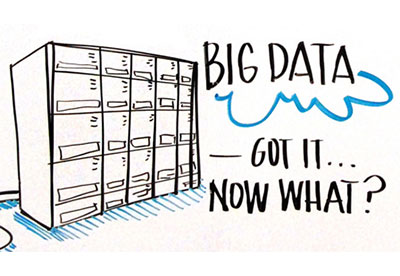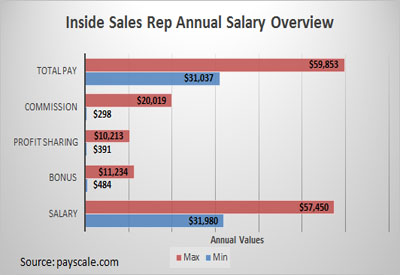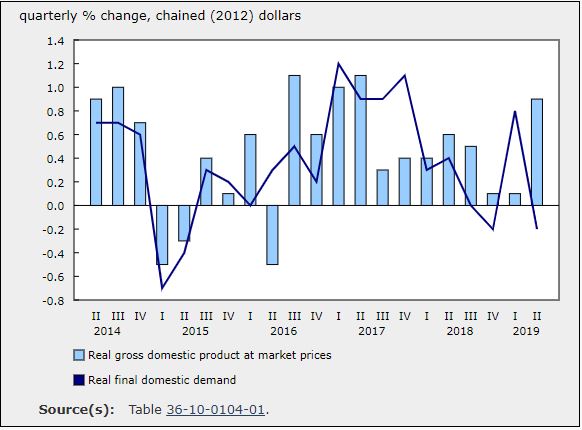Look to Big Data for Little Answers

Rick McCarten, Electro-Federation Canada
We hear a lot of comments about “big data” and many still question its value. Most people feel the collection of large volumes of data is a huge waste of time. I would argue that our lives and jobs are run by big data and we have taken it for granted. So much so in fact, that, when the opportunity comes to use data, we generally pass it by.
A snowstorm hit Toronto a couple of weeks ago. That day, I attended a colleague’s retirement reception with staff and industry members. Shortly after 6:00 pm we all left for home. The storm had begun and traffic was bad. I used my smartphone to map out the best way to get across the city; others just got on the main highway. My smartphone’s GPS app allowed me to get around major traffic problems and I was home in record time. The following day, my colleagues and I compared the time it took us to reach home: I live twice the distance as many of my colleagues, but I still made it home more quickly than most. The app collects big data of all traffic patterns and help drivers determine the quickest route based on the known data: lots of data for a little answer.
Toronto (or any city for that matter) is run by an incredibly complex system of data that we, for the most part, take for granted. A recent article in The Economist pointed out that many developing countries do not have the big data infrastructures that we have in Canada. This was telling earlier in the year when doctors arrived in Africa to contain Ebola. They tried isolating neighbourhoods in cities believed to have Ebola cases, only to find that the cities had no recognized street names, neighbourhood names or maps. The first thing that had to be done to stop the spread of Ebola was to draw maps of city streets. Using this map data, there were then able to begin the isolation process. Another example is in Afghanistan, where a census has not been conducted since 1979. How do you collect taxes from a 34-year-old when you don’t even know that he/she exists?
Notably, one of the first-known civilizations — Sumer, in the ancient Middle East — is known to be the first to develop letters and numbers. This civilization created widely recognized standards of symbols that became part of a huge filing system. It is important to recognize that the standards in writing, sophisticated data collection methods, and filing system allowed them to create a civilization; not the other way around.
Today’s cities and “civilizations” require extensive data collection and organization to maintain themselves. Computers make storage easy, but not necessarily easy to retrieve and analyze. Just like when looking for a book in the library, the key is in properly filing and categorizing the book.
If you take this thought further, consider this: we all live on the infrastructure of the city and our country, but we also need to utilize the “infrastructure of our businesses”: our financial statements, our filing systems, our customer lists, our supplier agreements, our staff history, and industry-wide statistical information. Good data, when well filed, understood and well used, can solve the little day-to-day problems we encounter to exponentially grow our businesses.
Rick McCarten is VP, Electrical Council, Electro-Federation Canada.











